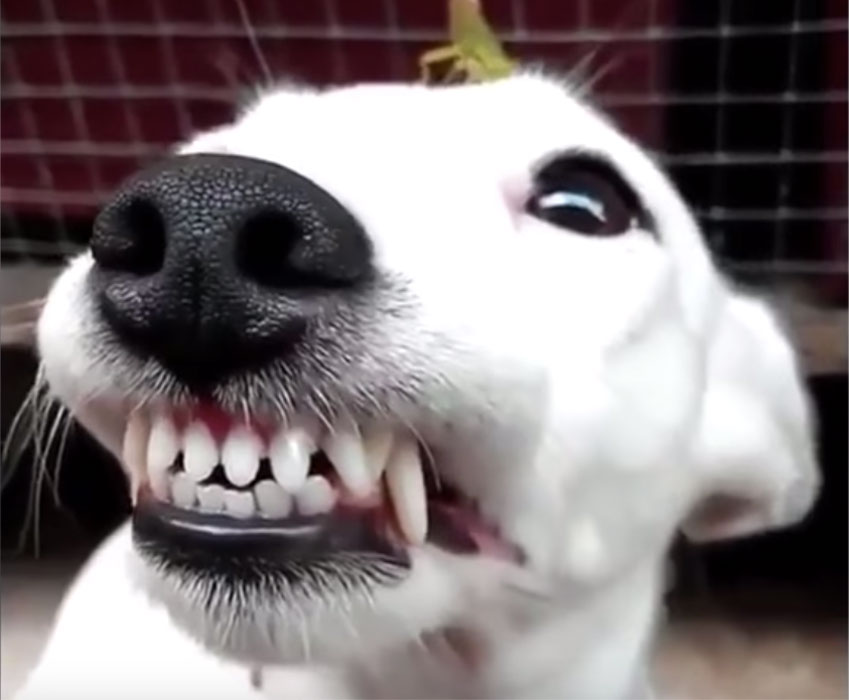Oral Care

The Veterinary Center at Hunter's Crossing offers clients complete dental care for your pets.
Dental care is just as important for our pets as it is for humans. Unfortunately, most pets receive little to no routine dental care which commonly results in periodontal disease. In fact, periodontal disease affects over 87% of dogs and 70% of cats over three years of age.
Periodontal disease occurs when plaque and tartar accumulate on and around teeth and below the gum line, leading to inflammation of the gums (gingivitis). As periodontal disease progresses, the tissue structures around the teeth are damaged with eventual erosion of the bone holding the teeth in place. On oral examination, pets affected by periodontal disease commonly show bad breath, redness and/or erosion of the gum tissue, loose or missing teeth, reduced appetite, and dark yellow or brown discoloration of teeth (caused by overlying calculus). In more severe cases, pets may develop a “hole” or communication between the mouth and nasal passage, infection of the bones of the jaw, or even jaw fractures.
Oral examinations should start during the puppy/kitten stage to assess for possible retained “baby” teeth, missing teeth, unerupted teeth (ones that fail to descend below the gumline), and oral masses. AAHA guidelines recommend annual dental cleanings and oral examinations (under general anesthesia) for small-breed dogs and cats at one year of age and at 2 years of age for larger breed dogs. Dental radiographs (“x-rays”) should be evaluated annually to identify periodontal disease, fractured teeth, retained root fragments, dead teeth, and/or infected teeth (including abscesses surrounding tooth roots) which may not visible on oral examination alone. Anesthesia-free dental cleanings will NOT remove the calculus below the gumline and do not allow a thorough examination of the oral cavity or radiographic evaluation of the teeth and can even be dangerous to your pet’s health.
Home dental care plays a tremendous part in maintaining your pet’s oral health. Brushing your pet’s teeth DAILY with a pet-specific toothpaste is the single most effective method to keep your pet’s teeth clean. Several prescription dental diets and veterinary-approved dental chews have also been shown to reduce calculus accumulation. Pets should always be monitored with any dental chews due to potential choking hazard. Products such as cow hooves, deer antlers, natural bones, and Nylon chew toys are not recommended as these products are too hard and commonly result in fractured teeth. Water additives and Chlorhexidine-based oral rinses and gels can be very effective, especially in pets that will not tolerate teeth brushing. A full list of home oral hygiene products approved by the Veterinary Oral Health Council can be found at www.VOHC.org
Contact Us Today To Schedule An Appointment Or Obtain Additional Information.
